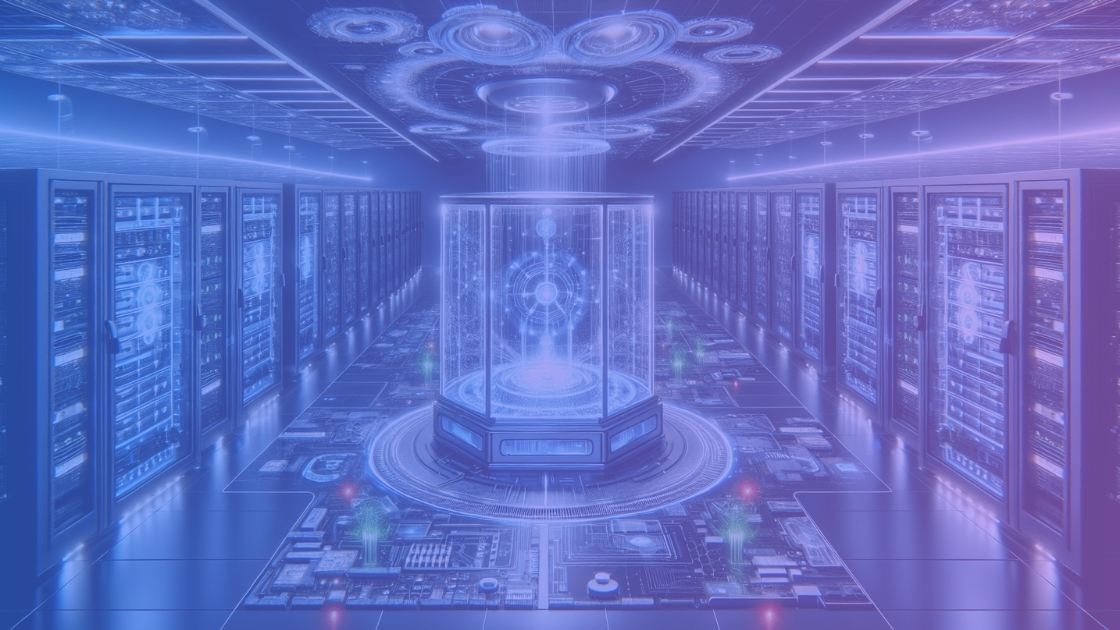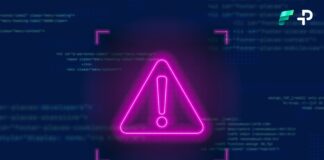Ever wondered how companies keep their data safe while using cutting-edge tech? Well, let’s talk about data security in ERP systems that use AI. It’s a hot topic, as more businesses are turning to AI to boost their operations. But with great power comes great responsibility, and that’s where the challenge lies.
Understanding AI-Enhanced ERP Security Risks
When AI and ERP systems come together, they bring a whole new set of security challenges to the table. Let’s dive into the common vulnerabilities, potential attack vectors, and the impact data breaches can have on businesses.
Common vulnerabilities in AI-ERP systems
AI-ERP systems are prone to a range of vulnerabilities that hackers are all too eager to exploit. Input attacks, where adversaries manipulate what’s fed into the AI system, can make it malfunction in some pretty scary ways.
Poisoning attacks are another big issue. Attackers can corrupt the data used to train the AI model, essentially turning it into a ticking time bomb. And as if that wasn’t enough, the black box nature of many AI algorithms makes it tough to even tell if a model has been compromised.
Potential attack vectors
So, how do attackers actually get in? Well, there are a few common ways:
- Compromised credentials, like weak or reused passwords, give intruders an all-access pass.
- Missing software updates leave the door wide open for ransomware and denial-of-service attacks.
- Web application vulnerabilities, such as SQL injection and privilege escalation, let users manipulate the system in ways they shouldn’t be able to.
Impact of data breaches on businesses
The consequences of a data breach in general can be devastating. We’re talking lawsuits, irreparable damage to a brand’s reputation, and a total loss of customer trust.
In fact, the global average cost of a data breach reached $4.88 million in 2924, which is a 10% increase from the previous year. Cyber-attacks are happening more often, the financial fallout of losing customers is hitting harder, and companies are shelling out more for forensic investigations and crisis management.
Data privacy concerns
Data privacy is a huge concern when it comes to AI-ERP systems. These systems hold a treasure trove of sensitive information, from corporate intelligence and financial data to customer details and personal identifiable information (PII).
If this data falls into the wrong hands, it can lead to identity theft, fraud, corporate espionage, and more. That’s why it’s crucial for companies to have robust data protection measures in place, like encryption, access controls, and continuous monitoring [4] https://www.schellman.com/blog/data-breach-in-crm.
Best Practices for Secure AI-ERP Integration
To ensure the security of AI-enhanced ERP systems, organizations must adopt a multi-faceted approach that includes employee training, vendor assessments, and compliance with data protection regulations.
Employee training and awareness
It is a crucial step to mitigate risks associated with AI-ERP integration. Organizations should educate their workforce on potential security threats, best practices for data handling, and how to identify and report suspicious activities. Regular training sessions can help create a culture of security awareness and empower employees to be the first line of defense against cyber threats.
Vendor security assessment
When working with third-party AI vendors, organizations must conduct thorough due diligence to evaluate their security posture. This includes assessing the vendor’s data protection policies, encryption methods, access controls, and incident response procedures. By ensuring that vendors adhere to stringent security standards, organizations can minimize the risk of data breaches and protect their sensitive information.
Compliance with data protection regulations
This is of course a non-negotiable requirement for secure AI-ERP integration. Regulations such as the General Data Protection Regulation (GDPR) and the California Consumer Privacy Act (CCPA) impose strict obligations on how organizations collect, process, and store personal data. To avoid costly penalties and reputational damage, organizations must ensure that their AI-ERP systems are designed and operated in accordance with these regulations. This involves implementing appropriate technical and organizational measures to safeguard personal data, such as data encryption, access controls, and regular security audits.
By adopting these best practices, organizations can significantly enhance the security of their AI-ERP systems and protect their valuable data assets from potential threats.
Advanced Security Technologies for AI-ERP
AI-enhanced ERP systems are increasingly leveraging cutting-edge security technologies to safeguard sensitive data and maintain privacy. These advanced measures include blockchain for data integrity, federated learning for privacy-preserving AI, and zero-trust architecture implementation.
Blockchain technology
Blockchain technology offers a tamper-proof and decentralized approach to securing ERP data. By storing information in an immutable ledger, blockchain ensures the integrity and authenticity of transactions and records. This distributed system eliminates the risk of a single point of failure and enhances trust among stakeholders.
Federated learning
This is another powerful tool for protecting user privacy in AI-ERP systems. It allows models to be trained on decentralized data sources without the need for centralized data storage. An approach that keeps sensitive information on local devices while still enabling collaborative model training, reducing the risk of data breaches and unauthorized access.
Zero-trust architecture
This security model eliminates inherent trust within the corporate network. It requires every transaction between systems to be validated and proven trustworthy before access is granted. By implementing strong identity verification, device compliance validation, and least privilege access, zero-trust architecture significantly reduces the attack surface and mitigates the impact of potential breaches.
The integration of these advanced security technologies in AI-ERP systems is crucial for protecting sensitive corporate and customer data. As the volume and value of data continue to grow, organizations must adopt a multi-layered approach to security that leverages the strengths of blockchain, federated learning, and zero-trust principles to ensure the confidentiality, integrity, and privacy of their AI-enhanced ERP solutions.
Balancing Security and Functionality in AI-ERP
Striking the right balance between security and functionality is crucial when integrating AI into ERP systems. While robust security measures are essential to protect sensitive data, they should not hinder the usability and performance of the system. Here are some key considerations for achieving this balance:
Performance optimization techniques
To ensure optimal performance without compromising security, AI-ERP systems can employ techniques such as data compression, caching, and load balancing. These methods help reduce latency, improve response times, and efficiently utilize system resources. Additionally, implementing efficient algorithms and optimizing database queries contribute to better overall performance.
Scalable security architectures
As businesses grow and face new threats, their security architecture must be able to scale and adapt. Designing a modular and flexible security framework allows for easy integration of new security controls and technologies as needed. This scalability ensures that the AI-ERP system can accommodate future growth without adding complexity or creating security gaps.
User-friendly security features
Incorporating user-friendly security features is essential for ensuring adoption and reducing friction. AI-ERP systems should provide intuitive interfaces, single sign-on capabilities, and seamless integration with existing security tools. By simplifying the user experience and minimizing the need for manual interventions, organizations can foster a culture of security awareness and compliance.
Ultimately, finding the right balance between security and functionality requires a collaborative effort between IT, security, and business stakeholders. By understanding the unique needs of the organization and leveraging advanced technologies, AI-ERP systems can deliver robust protection without compromising on usability and performance.
Conclusion
To wrap up, the integration of AI in ERP systems brings game-changing benefits, but it also poses new security challenges. Companies need to be on their toes, implementing best practices like employee training, thorough vendor assessments, and staying on top of data protection regulations. It’s all about striking that sweet spot between keeping things locked down and still making the most of what AI has to offer.






